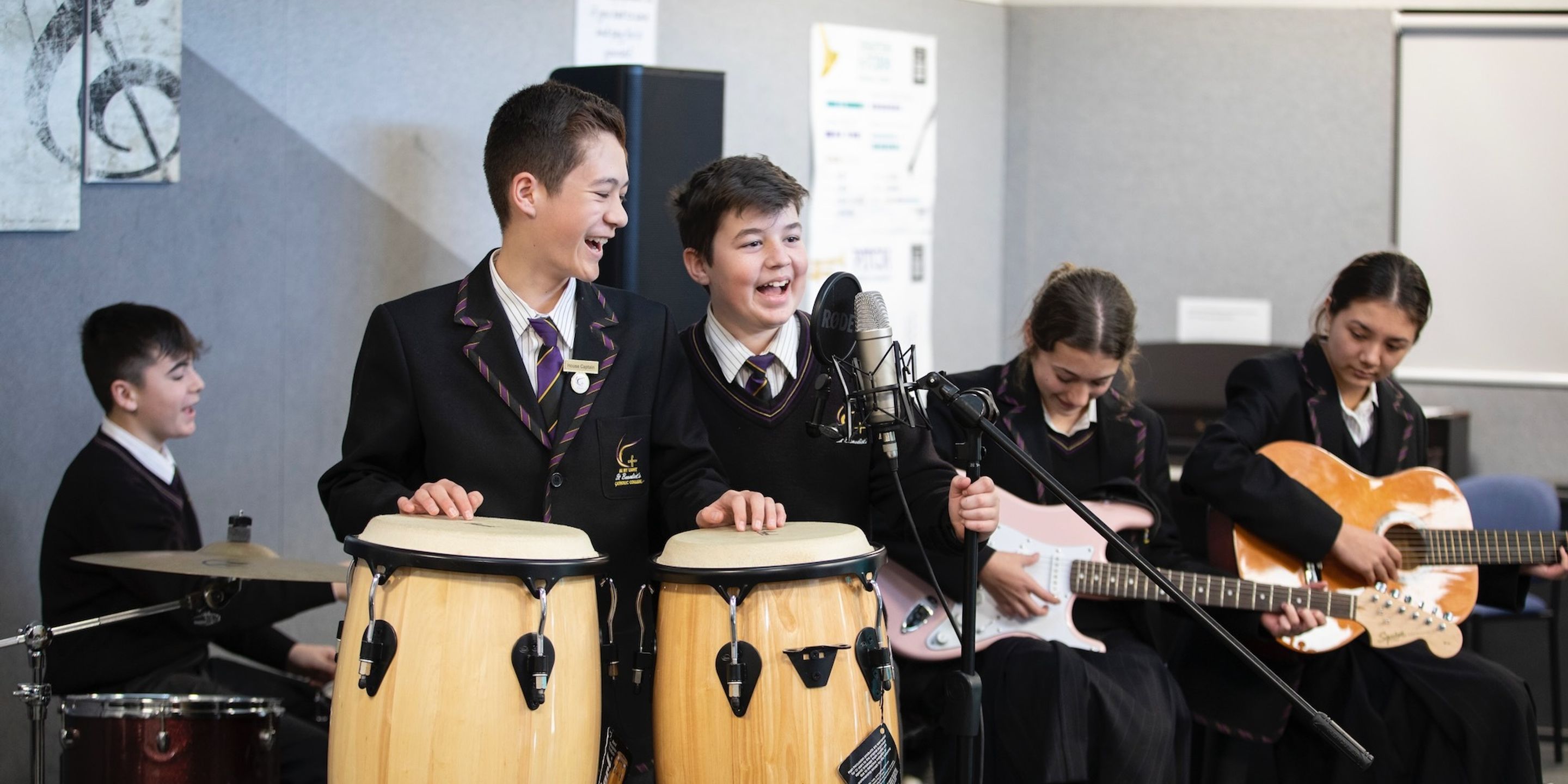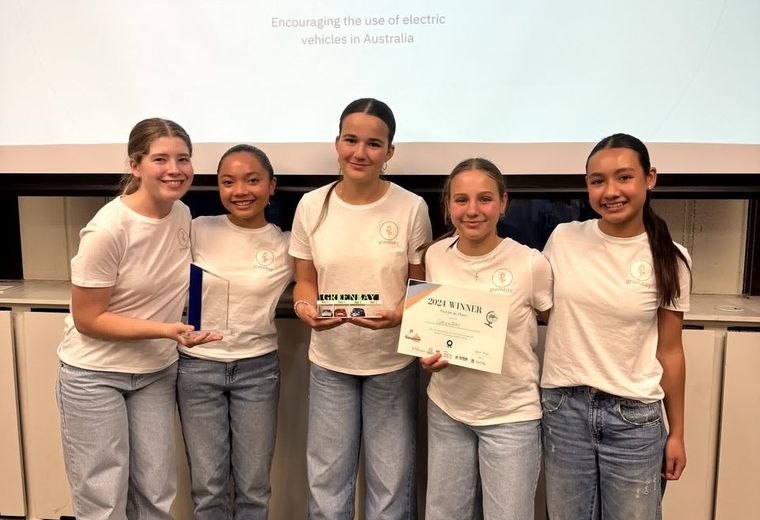The joy of music is undeniable, and its benefits for children extend far beyond simple entertainment. Learning a musical instrument fosters creativity, discipline, and cognitive development, setting the stage for lifelong enrichment. But when is the right time to start, and which instrument is right for your child?
Recent findings from the 2024 NSW Government Joint Select Committee on Arts and Music Education and Training underscore the importance of early exposure. Research suggests that the optimal window for musical development begins as early as three years old. During these formative years, children are particularly receptive to musical sounds and patterns, making it an ideal time to introduce them to the world of instruments.
"While starting early has its advantages, it's never too late to begin learning an instrument."
Of course, there's no one-size-fits-all answer. Every child develops at their own pace, and their readiness for formal music lessons will vary. Some may show a keen interest in music from a very young age, while others may take a bit longer to warm up to the idea. Pay attention to your child's cues. If they express curiosity about instruments or enjoy singing and dancing along to music, it might be a good time to explore music lessons.
While starting early has its advantages, it's never too late to begin learning an instrument. The benefits of music education extend well into adolescence and adulthood, enhancing emotional wellbeing, social connections, and cognitive skills (particularly in relation to decoding, number and pattern—the essential foundations of learning mathematics and language skills).
Choosing the Right Instrument
With so many instruments to choose from, how do you find the perfect fit for your child? Here are a few popular options and the unique benefits they offer:
- Piano: A versatile instrument that provides a strong foundation in music theory and develops hand-eye coordination. Great for children who enjoy structure and are drawn to classical, jazz, or popular music.
- Violin: A beautiful and expressive instrument that enhances fine motor skills and fosters discipline. Perfect for patient and detail-oriented children.
- Guitar: A popular and portable instrument that encourages creativity and self-expression. Ideal for social children who enjoy singing and playing with others.
- Drums: A dynamic and energetic instrument that improves coordination and rhythm. Excellent for active and outgoing children who love to keep the beat.
- Flute: A gentle and melodic instrument that strengthens breath control and posture. Suited for patient and focused children who enjoy producing beautiful sounds.
- Trumpet: A bold and powerful instrument that builds confidence and projection. Great for outgoing and expressive children who love to be heard.
- Ukulele: A fun and easy-to-learn instrument that promotes a sense of accomplishment. Perfect for young children or those seeking a less intimidating starting point.
Remember: The most important factor is your child's enthusiasm. When learning is driven by passion, it becomes a joyful journey of self-discovery and creative expression.
Whether your child is three or thirteen, the most important factor is their enthusiasm. When learning is driven by passion, it becomes a joyful journey of self-discovery and creative expression.
Remember, music is a gift that can be enjoyed throughout life. By nurturing your child's musical interests, you're providing them with a valuable tool for personal growth and happiness. So go ahead and explore the world of music together – it's an adventure worth taking!

Alive with the sound of music
With dedicated teachers, specialist facilities, and a wide range of instruments and performance opportunities, our schools support students to discover their passion for music while developing valuable skills and positive lifelong habits.
Find a school







